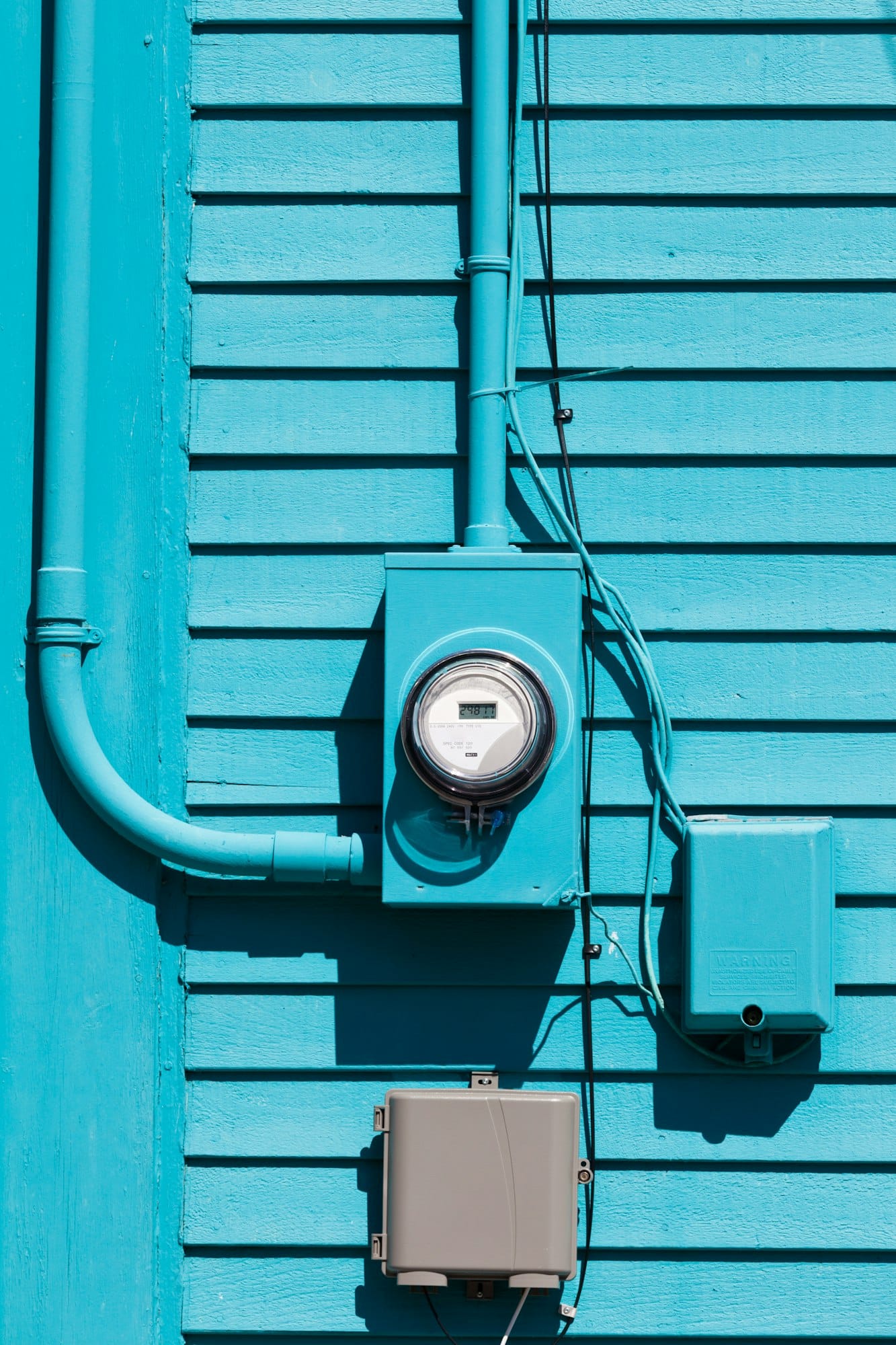In the realm of electricity, the term ‘smart’ has become synonymous with efficiency, cost savings and sustainability. Smart grids are, in essence, a response to the ever-increasing demands put on our power supply by our modern, energy-hungry lifestyles. This next-generation power grid system is a promising solution to the energy challenges the UK real estate sector is facing. But, what exactly are smart grids, and how do they operate? More importantly, what are the challenges and benefits of their implementation in UK real estate? Discover the answers as we delve into the intricacies of this fascinating subject.
Decoding the Concept of Smart Grids
Before we explore the challenges and benefits of implementing smart grids, it’s crucial to understand what they are and how they function. Simply put, a smart grid is an electricity network that uses digital technology to monitor and manage the production and distribution of electricity. It’s a system that allows information to flow from the customer back to the utility company and vice versa, promoting better load management and more efficient energy use.
A lire également : How to Manage the Construction of UK Real Estate Projects During Material Shortages?
Unlike traditional power grids, smart grids can handle two-way communication. This means that not only does electricity flow from the utility to consumers, but information and data travel back from consumers to the utility. This feedback loop is invaluable for managing fluctuations in demand and supply, ensuring a more stable and reliable energy supply.
Realising the Benefits of Smart Grids in Real Estate
The implementation of smart grids comes with a slew of benefits for the real estate industry. These advantages span from efficient energy use, cost savings, to environmental sustainability.
A découvrir également : What is the Role of UK Real Estate in Rural Regeneration and Development?
Firstly, smart grids enable more efficient use of energy. Through real-time information about power consumption, consumers can adjust their electricity use during peak demand times. This curtails excessive energy use and can significantly decrease electricity bills.
Secondly, smart grids allow for better integration of renewable energy sources. Traditional grids struggle with the intermittent nature of solar and wind energy. However, smart grids can better accommodate these renewable sources, thus fostering the transition towards a greener and more sustainable future.
Lastly, smart grids enhance the reliability of electricity supply. By quickly detecting and isolating faults, smart grids minimise the duration and impact of power outages. This reliability is particularly critical for commercial real estate where power interruptions can result in significant business disruptions.
Navigating the Challenges of Smart Grid Implementation
Despite the apparent benefits, the adoption of smart grids in UK real estate isn’t without challenges.
One of the main hurdles is the enormous initial investment required. Upgrading the current infrastructure to a smart grid is a costly affair that includes not just the installation of new hardware and software, but also educating customers and training staff to manage the new system.
Another significant challenge is privacy and security concerns. Since smart grids relay information about consumers’ energy use habits, they could potentially be targeted by hackers. Therefore, stringent cybersecurity measures need to be in place to safeguard consumer data and protect the grid from potential cyber-attacks.
Finally, regulatory frameworks pose another challenge. The implementation of smart grids demands new policies and regulations to govern its operation. Formulating these rules requires bringing together various stakeholders, each with different interests and concerns, which can be a complex and time-consuming process.
Embracing the Future with Smart Grids
The introduction of smart grids into UK real estate is not just a trend, it’s an essential step towards a more sustainable, efficient, and resilient power system. Despite the challenges, the benefits they offer in terms of energy efficiency, cost savings, and environmental sustainability are too significant to ignore.
The task ahead is certainly not easy. It requires significant financial investment, robust cybersecurity measures, and comprehensive regulatory frameworks. However, by drawing upon the experiences of other countries and using innovative solutions, the UK real estate sector can effectively overcome these hurdles.
With government backing, industry collaboration, and consumer support, the transition to smart grids can pave the way for a smarter, greener, and more energy-efficient future. So, while the road may be challenging, the destination is undeniably worth the journey. Be it for residential or commercial properties, smart grids represent the future of energy in the UK real estate sector.
Scholars and Professionals Weigh In
Scholars and professionals in the field echo the sentiment of the importance of smart grids in the UK real estate sector. A report by Google scholars outlined the potential of smart grids in managing peak loads more efficiently, reducing the reliance on fossil fuels, and transitioning towards a more sustainable power system.
In conclusion, the conversation about smart grids is no longer an academic one, it’s a very practical and urgent one. The implementation of smart grids in UK real estate is a crucial step towards not just a more sustainable future, but a smarter and more efficient one.
The Role of Smart Meters in Smart Grid Performance
Smart meters are integral components of smart grids, offering numerous advantages for both the energy provider and the consumer. They serve as the primary data collection points for the smart grid, gathering information about energy consumption at regular intervals. This information allows both the energy company and the consumer to monitor and manage energy use more effectively.
Smart meters offer a more accurate measurement of energy consumption compared to traditional meters. They record energy use in near real-time and transmit this data directly to the utility company. With this real-time data, consumers can make informed decisions about their energy use, potentially reducing their electricity bills and contributing to energy conservation.
On the demand side management, smart meters facilitate better load balancing, helping to prevent energy wastage and enabling utility companies to respond swiftly to changes in energy demand. This leads to improved operational efficiency and reduced costs for the energy provider.
However, the widespread adoption of smart meters comes with its own set of challenges. These include concerns about data privacy and security, the high cost of installing smart meters, and the need to educate consumers about their benefits and how to use them effectively.
Integration of Renewable Energy Sources and Energy Storage Systems
The integration of renewable energy sources is a key aspect of making the power grid smarter and more sustainable. Solar and wind energy, in particular, are renewable energy sources that offer significant potential for reducing reliance on fossil fuels and decreasing carbon emissions.
Smart grids facilitate the integration of these renewable energy sources into the power grid. With their ability to manage fluctuations in energy supply and demand effectively, smart grids can accommodate the intermittent nature of renewable energy production.
In addition, smart grids facilitate the use of energy storage systems, which can store excess power produced by renewable energy sources for use when demand is high or supply is low. This not only helps to balance supply and demand but also mitigates the issue of renewable energy intermittency.
Like smart meters, the integration of renewable energy sources and energy storage systems into the power grid presents several challenges. These include the high cost of renewable energy technologies and storage systems, the need for upgrades to the grid infrastructure to accommodate these technologies, and regulatory hurdles.
Conclusion: Towards a Smarter Energy Future
The implementation of smart grids in the UK real estate sector is not a simple task. It involves significant investment, comprehensive regulatory reforms, and robust cybersecurity measures. However, the potential benefits – including increased energy efficiency, cost savings, and greater environmental sustainability – make it a worthwhile endeavour.
Google Scholar and other academic sources highlight the potential of smart grids for enhancing energy management, integrating renewable energy sources, and promoting energy efficiency. By leveraging advanced technologies like smart meters and energy storage systems, smart grids can transform the UK’s energy landscape and pave the way for a more sustainable future.
While the road to full implementation may be fraught with challenges, the vision of a smarter, greener, and more efficient energy sector is undoubtedly worth the journey. The future of energy in the UK real estate sector lies in smart grids, and it is a future we should all strive towards.











